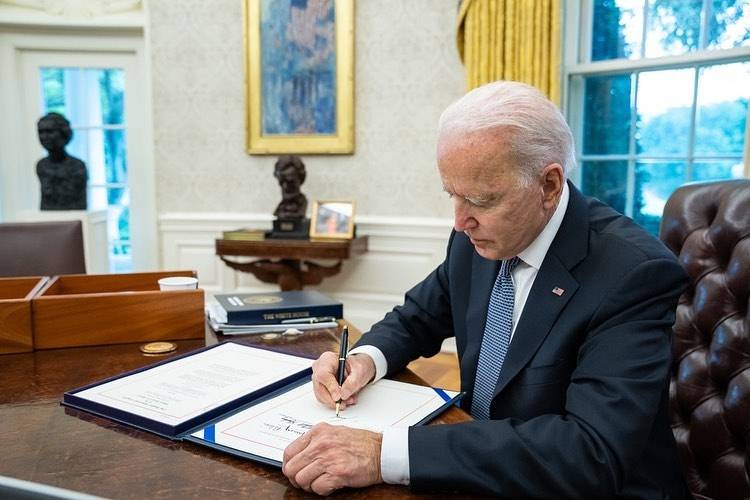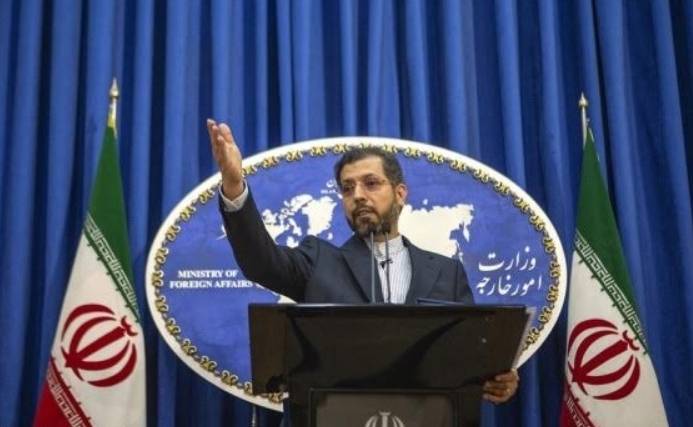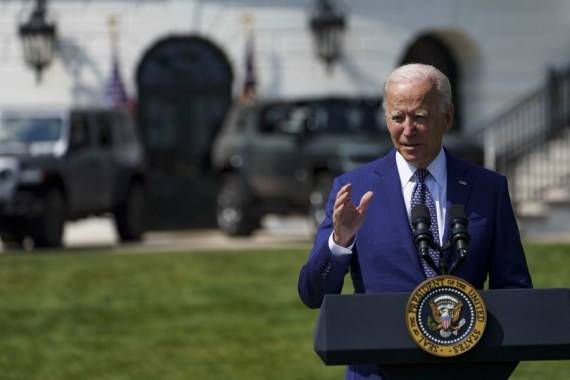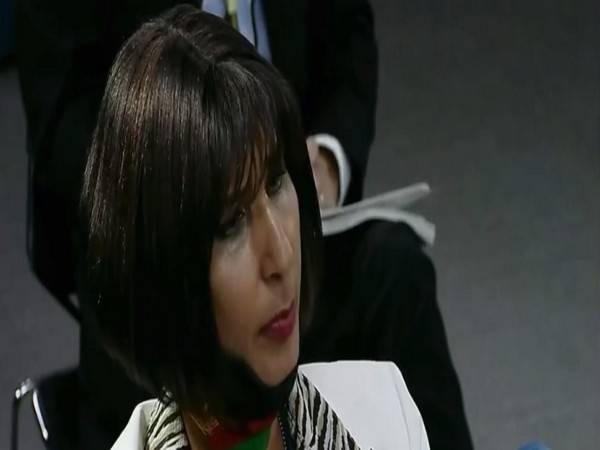“If they want to sympathize with Iranians, it is better for them to stop threatening, intimidating, and trapping Iranians,”said Foreign Ministry spokesman Saeed Khatibzadeh…reports Asian Lite News
Iran’s Foreign Ministry accused the US government of trying to prevent expatriates from having a “constructive relationship” with their country, urging Washington to take “basic steps” to facilitate the freedom of movement of Iranian residents in the US.
“If they want to sympathize with Iranians, it is better for them to stop threatening, intimidating, and trapping Iranians,”Foreign Ministry spokesman Saeed Khatibzadeh was quoted as saying on Monday.
Khatibzadeh was reacting to a “travel advisory” note published on August 9 by the US special envoy for Iran Robert Malley, recommending not to travel to Tehran “due to the risk of kidnapping and the arbitrary arrest, detention of US citizens, and Covid-19”.
The spokesman said President Joe Biden’s administration initially sought to distance itself from the former Donald Trump administration, but has since “adopted the same outdated approaches with the promotion of Iranophobia”.
He added that the US approach concerning talks about Iranian prisoners being “held hostage” in Washington shows that the Biden administration is trying “even more” than the Trump administration to “politicise and turn humanitarian issues to security issues”.

On July 13, Ali Rabiei, spokesman for Iran’s government, confirmed ongoing negotiations between Tehran and Washington for a prisoner swap, and voiced Iran’s readiness for an all-for-all prisoner exchange.
At the end of that same week, Iran’s chief nuclear negotiator Abbas Araqchi tweeted that the US and the UK had to stop linking a prisoner swap to the talks aiming to revive the 2015 nuclear agreement, formally known as Joint Comprehensive Plan of Action (JCPOA).
Iranian officials stated that the US had agreed with a swap deal, while Washington denied such an agreement had been reached.
The Iranian spokesman also commented on the US press reports, saying Washington officials are reviewing their options, in case talks to revive JCPOA fail to yield results.
“All countries, including Iran, should have their own alternatives,” he said.
Talks in Vienna, Khatibzadeh said, have been based so far on the need for the US to fulfil its commitments within the framework of the UN Security Council (UNSC) resolutions and a “complete and effective” lifting of Washington’s unilateral sanctions against Iran.
If that happens, he added, Washington can return to the JCPOA.
Former US President Donald Trump withdrew from the 2015 agreement in May 2018 and unilaterally re-imposed old and new sanctions on Iran.
In response, Iran has gradually stopped implementing parts of its commitments to the deal since May 2019.
After six rounds of talks in Vienna since April, the parties said serious differences remain between Iran and the US for the revitalisation of the deal.
The sixth round of talks ended on June 20, currently on hiatus.














